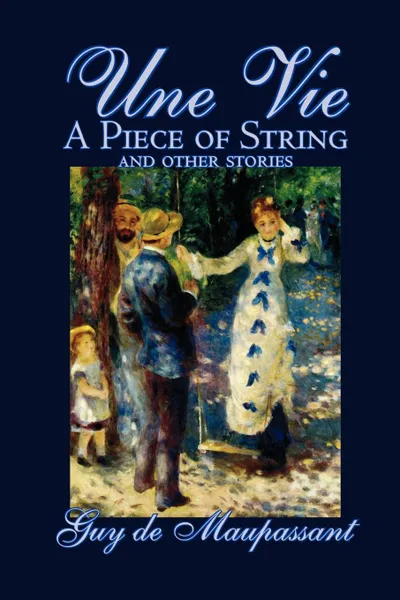Une Vie, A Piece of String and Other Stories by Guy de Maupassant, Fiction, Classics, Short Stories 12+
Автор: Guy de Maupassant
2003
296 страниц
Категория: Литература на иностранных языках
ISBN: 9781592244232
Язык: Английский
📙 Zola had contributed the manuscript of the "Attaque du Moulin," and it was at Maupassant's house that the five young men gave in their contributions. Each one read his story, Maupassant being the last. When he had finished Boule de Suif, with a spontaneous impulse, with an emotion they never forgot, filled with enthusiasm at this revelation, they all rose and, without superfluous words, acclaimed him as a master. He undertook to write the article for the Gaulois and, in cooperation with his friends, he worded it in the terms with which we are familiar, amplifying and embellishing it, yielding to an inborn taste for mystification which his youth rendered excusable. The essential point, he said, is to "unmoor" criticism. It was unmoored. The following day Wolff wrote a polemical dissertation in the Figaro and carried away his colleagues. The volume was a brilliant success, thanks to Boule de Suif. Despite the novelty, the honesty of effort, on the part of all, no mention was made of the other stories. Relegated to the second rank, they passed without notice. From his first battle, Maupassant was master of the field in literature.
Мнения
